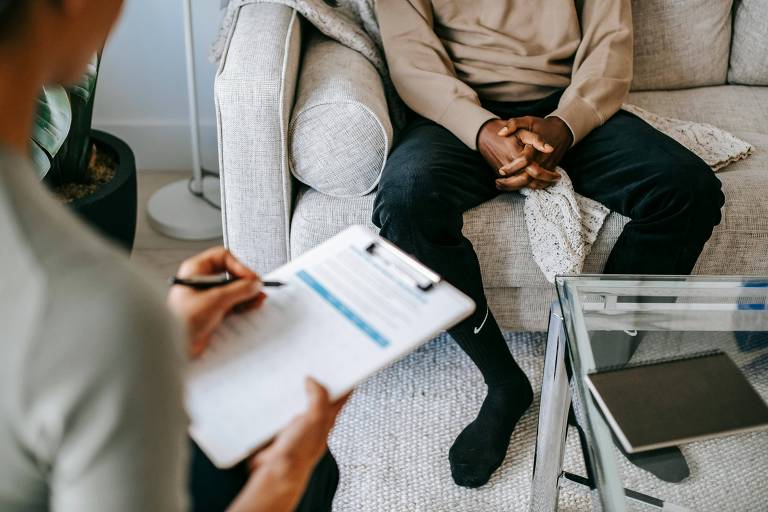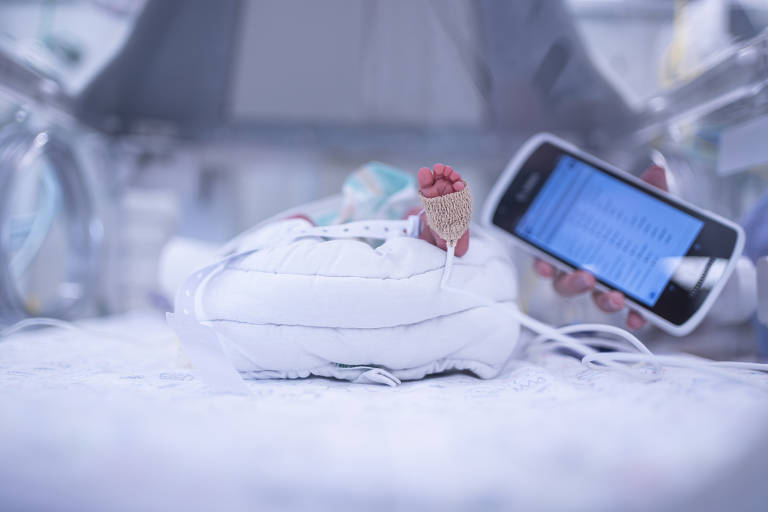Private healthcare network to test sharing of patient data

A project that brings together different private hospitals, laboratories and health plan operators aims to integrate patient information from these institutions.
Led by InovaHC, a center at the University of São Paulo's Hospital das Clínicas, the project seeks to test interoperability, which is the integration and sharing of patient data —with user authorization—, allowing professionals from different institutions to access the information.
The idea, they say, is to facilitate care — the patient will not need to provide information about allergies, history of surgeries or other illnesses, for example, speeding up the process.

The data already exists because most hospitals and laboratories have an internal information system. To integrate them, however, institutions need to follow the same protocols.
The project claims to be inspired by the financial market model, which uses open finance (an open system for sharing financial data) to allow banks and institutions to exchange information with the customer's authorization.
InovaHC states that, for the patient, there would be a reduction in unnecessary tests and faster access to critical information. For doctors, it would improve decision-making and reduce errors.
"We have high expectations that this could reduce costs or increase safety in treatments and other benefits that we will learn about over time," says Marco Bego, director of InovaHC. The idea is for the first test to begin in 90 days.
Bego cites as an example the HC's care in indigenous communities in Alto Xingu, where patients lost reports when transferred to specialized centers.
"If I don't start exchanging data, there's no point in me taking events further if, when the person needs more urgent, more critical care, they have to get in line again."
The project, says InovaHC, began about three years ago, with the organization of information.
Other industry players that produce data, such as hospitals, diagnostic laboratories and pharmacy chains, also participate in the project.
Among the participants that are in the final negotiation phase for the first test of the product are the Sírio-Libanês, Oswaldo Cruz and Beneficência Portuguesa hospitals, in addition to Santas Casas, Fleury, Dasa and Sabin laboratories, Raia and Drogasil pharmacy chains and Bradesco Saúde.
For Daniel Greca, director of innovation and population health at Sírio-Libanês and member of the executive committee, the project is innovative and different and requires testing to understand how it should work in practice.
"From the moment you can connect all of this, with the information flowing properly protected, of course, we can have a better understanding of what happens in the healthcare system and in the patient's journey," he says.
The project is being carried out with the support of the Ministry of Health, specifically Ana Estela Haddad, the department's secretary of information and digital health. The expectation is that there will also be an exchange of data between the public and private systems.
The government already uses an interoperability policy in the SUS (Unified Health System) — the National Health Data Network (RNDS) stores data from municipalities, states and federal institutions in accordance with WHO (World Health Organization) standards.
Regarding the protection of information, Bego, from InovaHC, says that the project "does not want, in any way, to deviate from what is already a consensus". "The LGPD [General Law for the Protection of Personal Data] is a law, and I have to follow it."
In a 2024 document, Idec (Consumer Defense Institute) stated that, although data integration can be used to enhance management and access to health, "data sharing can also result in abuse and discrimination" if the information is used for purposes unrelated to assistance or public interest.
uol






